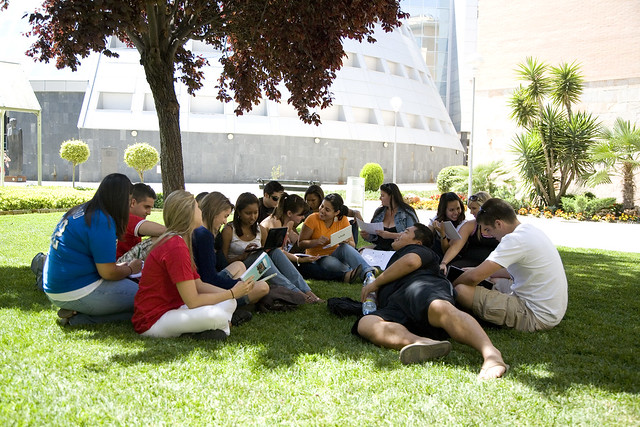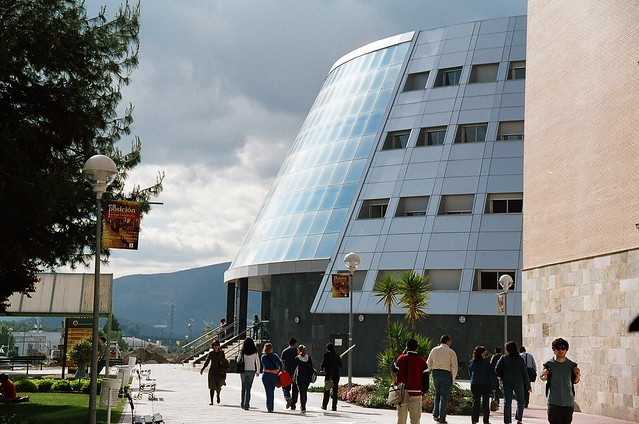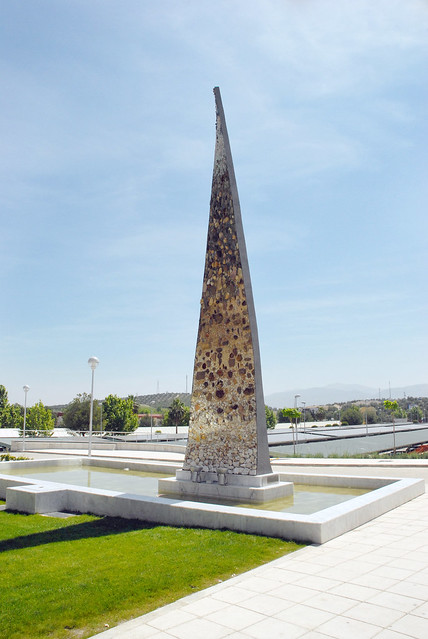We continue our blogseries in the South of Spain with a founding member of the ICSE Consortium
The University of Jaén (UJA) is a medium-sized public university located in the South of Spain, founded in 1993. In 2015, UJA received the Excellence Award from the European Foundation for Quality Management to recognize its high-quality approaches and services and its engagement with excellence and innovation. The University of Jaén is in the Top 50 of the world’s best young universities according to THE (Times Higher Education). This ranking analyses aspects such as teaching, research work, the university’s international outreach, or integration into industry. Besides, the UJA has received the distinction of Campus of International Excellence in the fields of Agrifood (CEIA3) and Climate Change (CamBio), and it leads the Andalusian CEI project on historical heritage PatrimoniUN10. UJA permanently welcomes new foreign research proposals as part of a conscious effort to increase its international profile and widen both its knowledge and its horizons.

Students at Campus. ©University of Jaén

Campus Las Lagunillas, University of Jaén. ©University of Jaén
Jaén University has five faculties (Humanities and Education Sciences; Social and Legal Sciences; Health Sciences; Experimental Sciences and Social Work) organized into 35 departments, three postgraduate educational centers and five specialized research centers, involving over 900 academics and 450 administrative staff offering services to more than 14000 students (graduates, post-graduates and PhDs). The centralised organisation in a main campus facilitates interdisciplinary collaboration with academics, students and professionals.
Addressing diversity and promoting fundamental values in STEM education
Within the Faculty of Humanities and Learning Sciences in a modern and well-equipped campus, the research team in Didactics of Science and Mathematics led by Marta Romero Ariza has been involved in the development of innovative courses and materials to improve STEM education, such as those related to the European projects COMPASS, PRIMAS, MASCIL, PARRISE, INCLUSME and MASDIV. The main research lines developed all deal with STEM teacher professional development aimed at the implementation of innovative approaches, such as inquiry-based learning, the use of socio-scientific contexts and the development of meaningful and relevant learning contexts. These pedagogies have been proven to increase students’ motivation and engagement in STEM learning and are especially useful to address diversity and promote fundamental values in STEM education.
Transferring research results to policy and practice
In the last 5 years, the UJA research team in Didactics of Science and Mathematics has been collaborating with the Ministry of Education and different Teacher Centres to transfer research results to policy and practice. Currently the team is involved in two transfer projects with national institutions linked to the Spanish Ministry of Education: INTEF and CEDEC. In collaboration with INTEF (National Institute of Educational Technologies and Teacher Professional Development) a successful course on STEM education is being offered to over 100 STEM teachers across the country. This course is based on the teacher professional development materials, which were developed through the MaSDiV project as a result of a policy experimentation. In the collaboration with CEDEC, the National Centre for the Curricular Design of Open Educational Resources (OER), the UJA team is conducting a thorough research to evaluate the impact of OER on teaching and learning in different areas and educational stages.

©University of Jaén
UJA and ICSE: long-standing partners in international projects and activities
The University of Jaén is one of the founding member institutions of the Consortium of the International Centre for STEM Education (ICSE), and is currently involved in several of the international projects and activities linked to the centre. We acknowledge the relevance of the centre to promote communication and collaboration among key stakeholders (researchers, teachers, policy and industry), as well as to enhance transfer and sustainability of research-based innovative materials and courses to improve STEM education.
